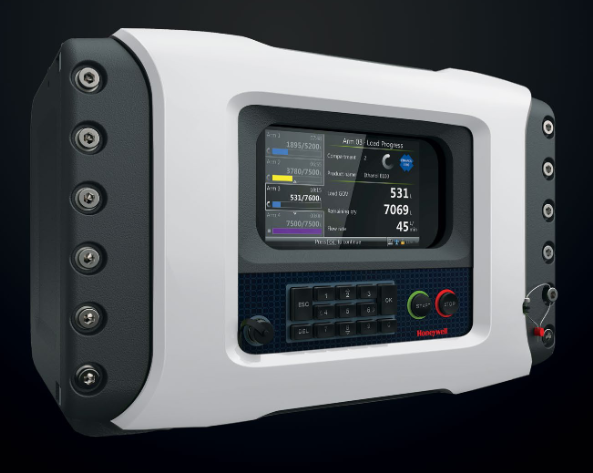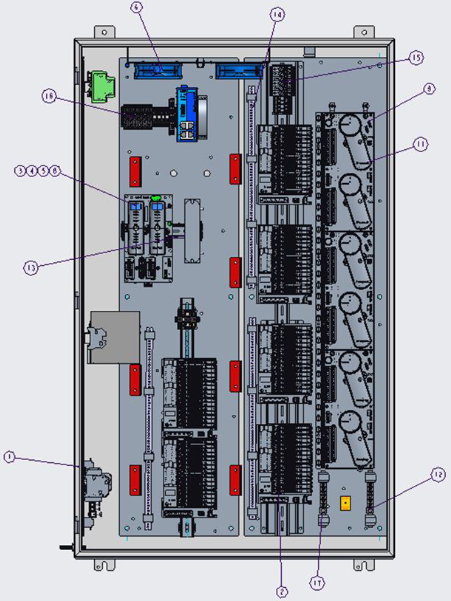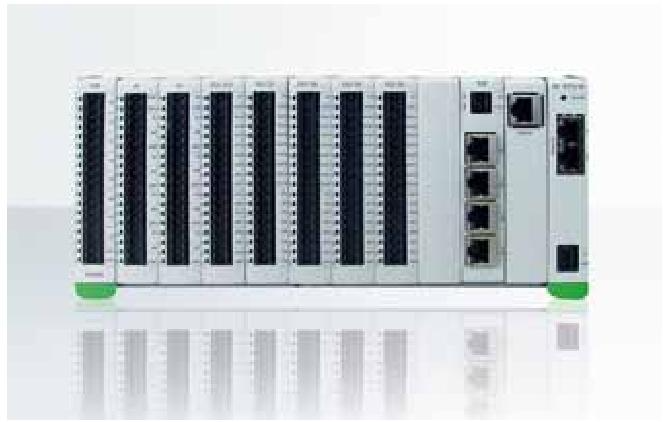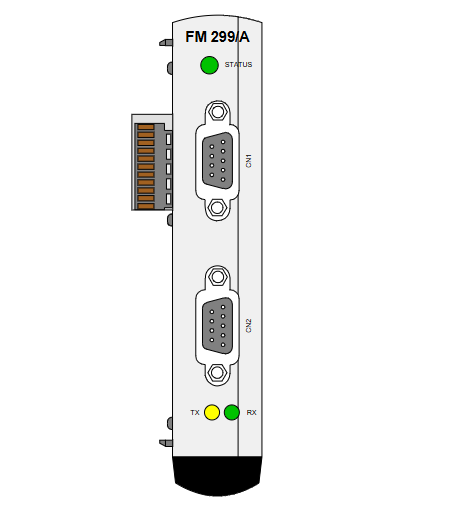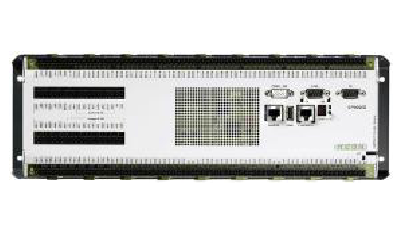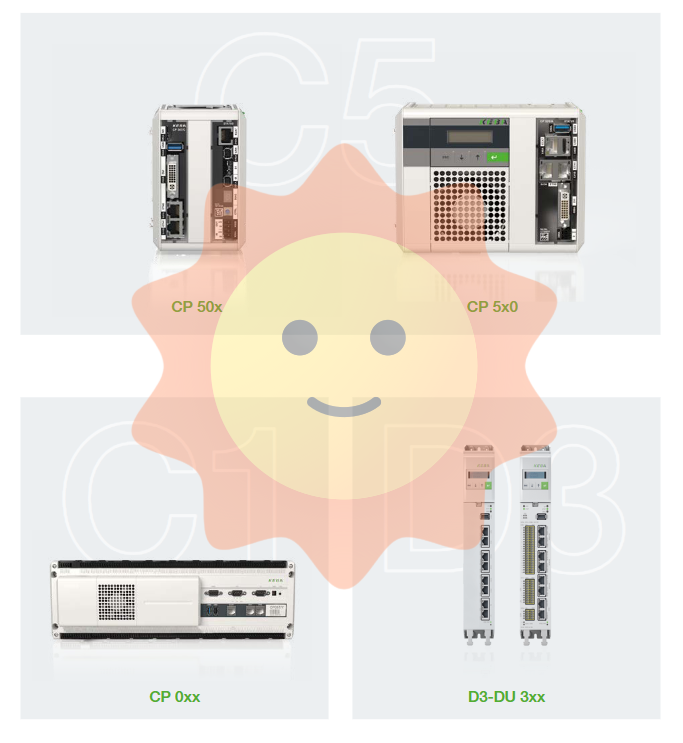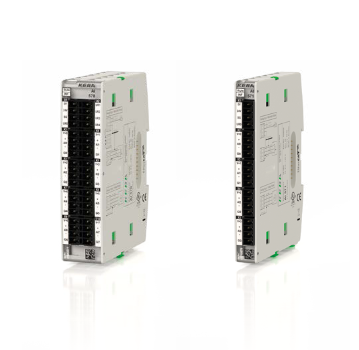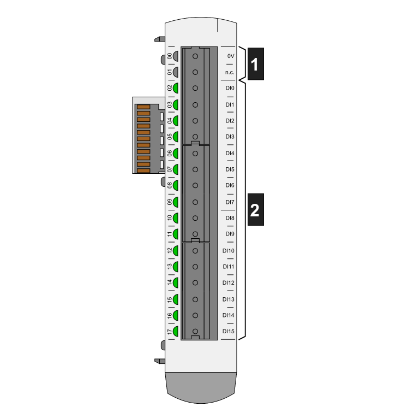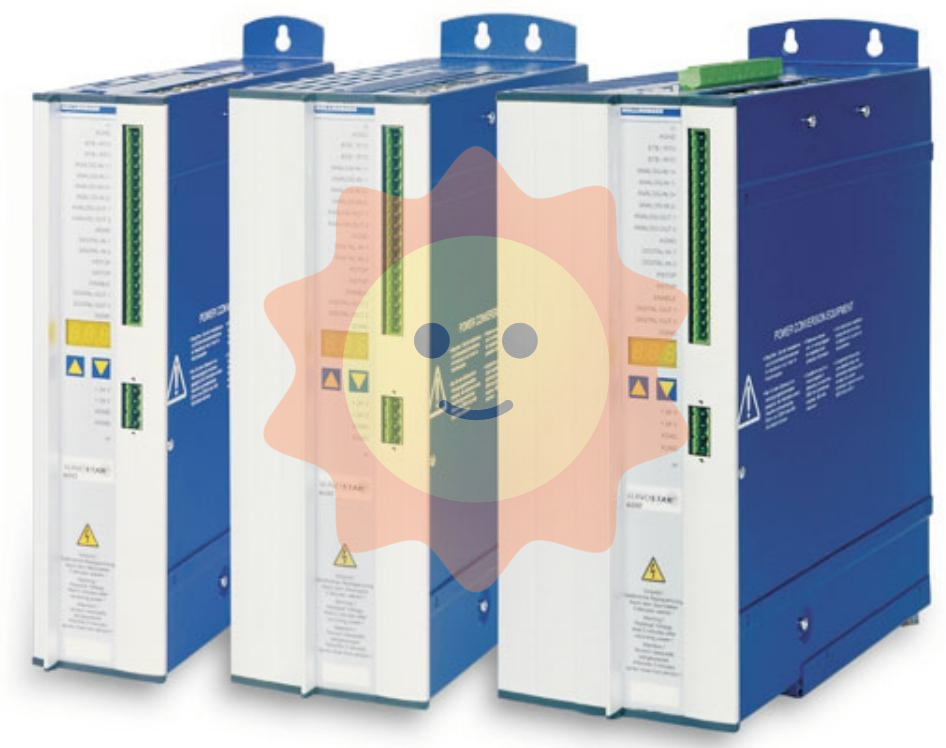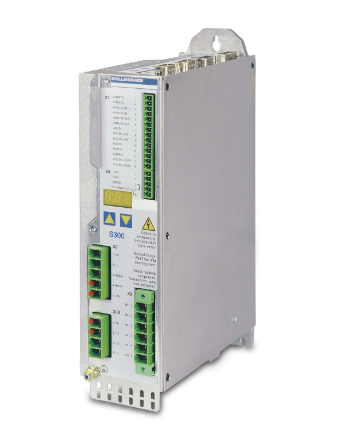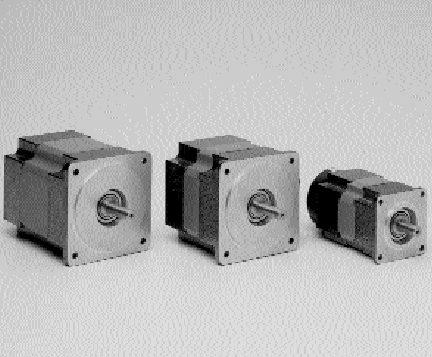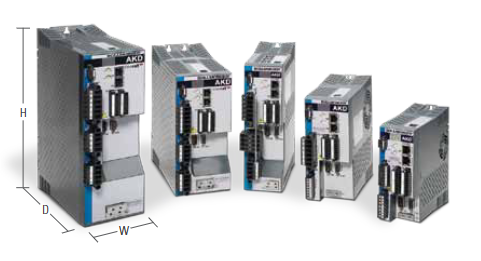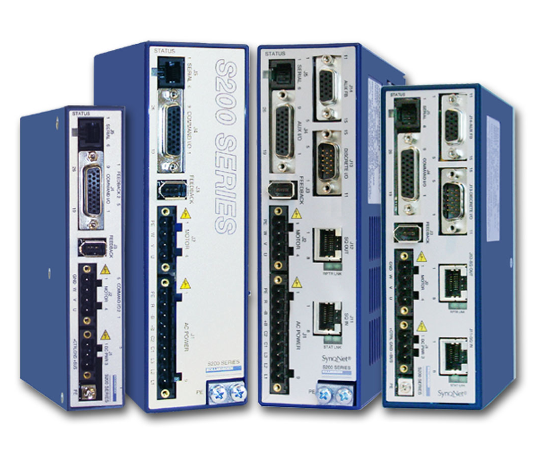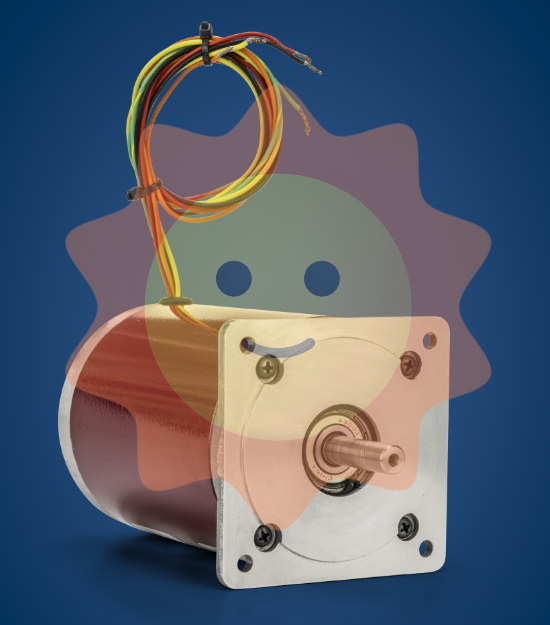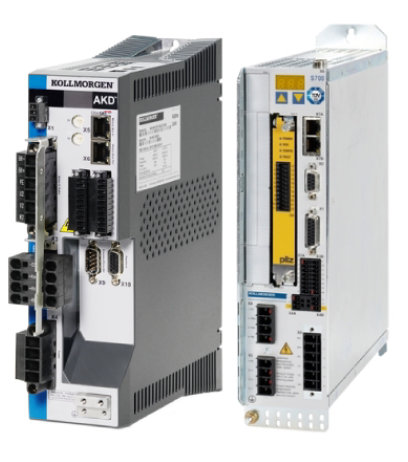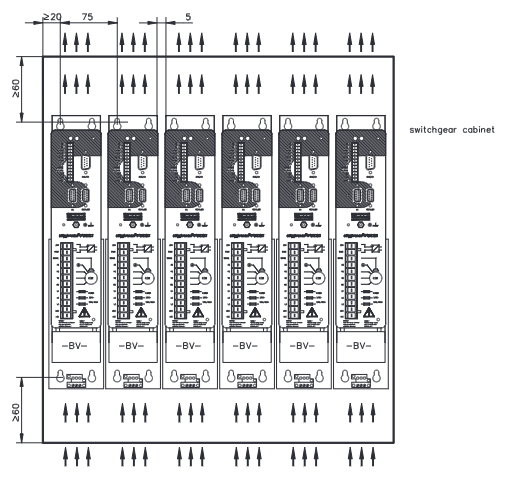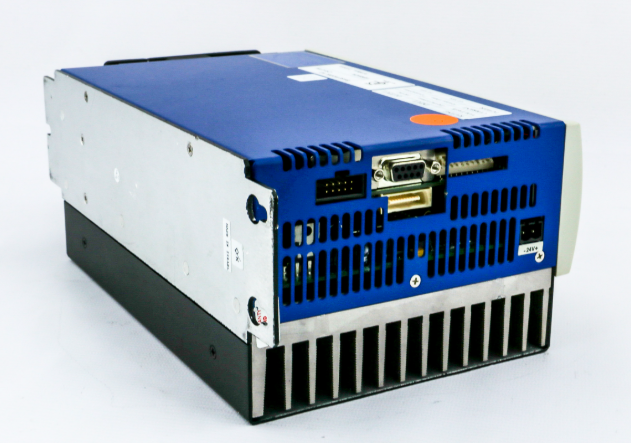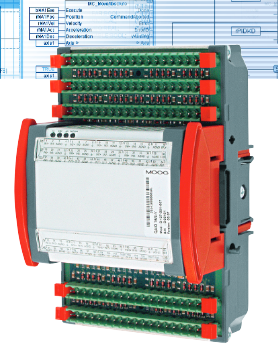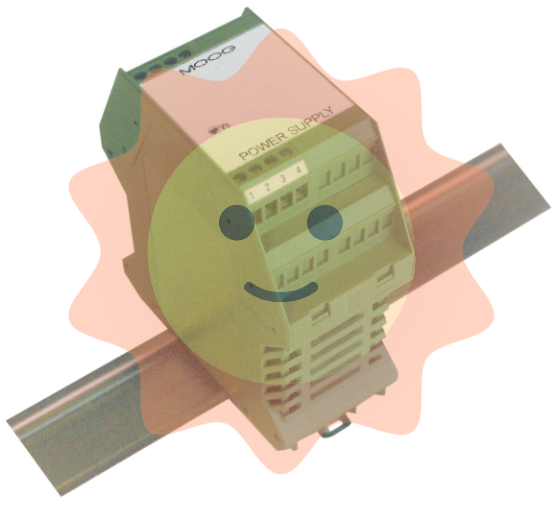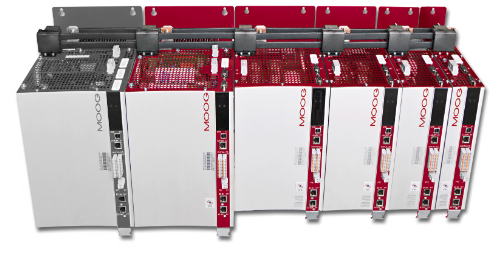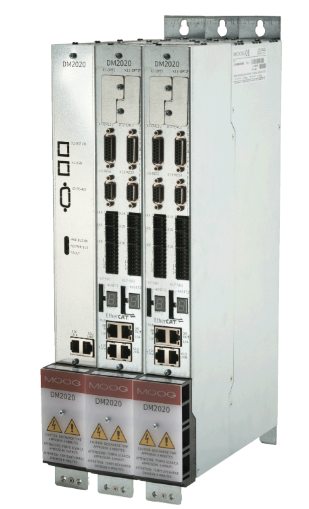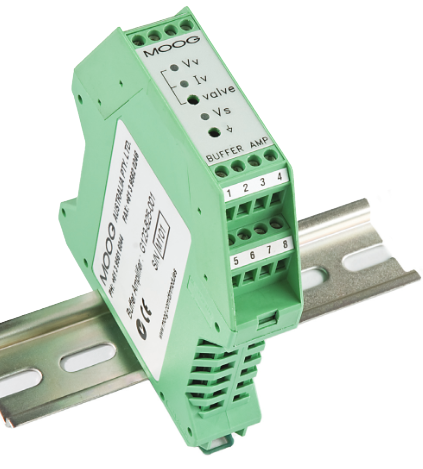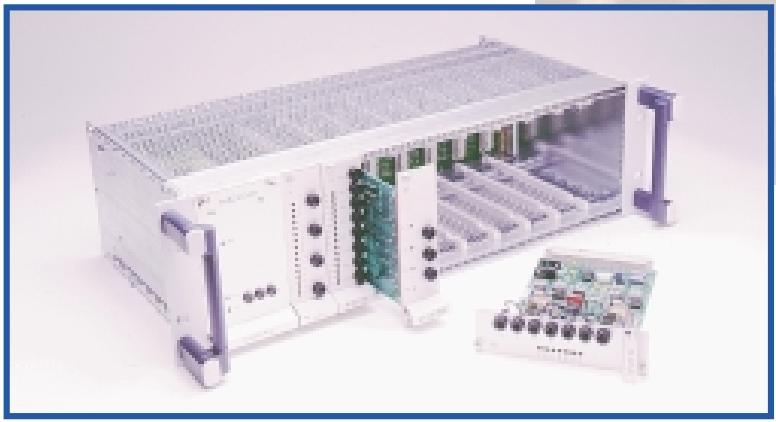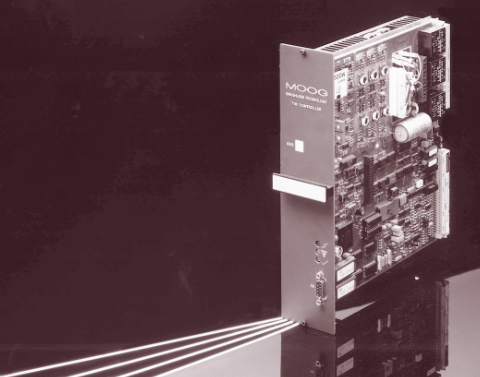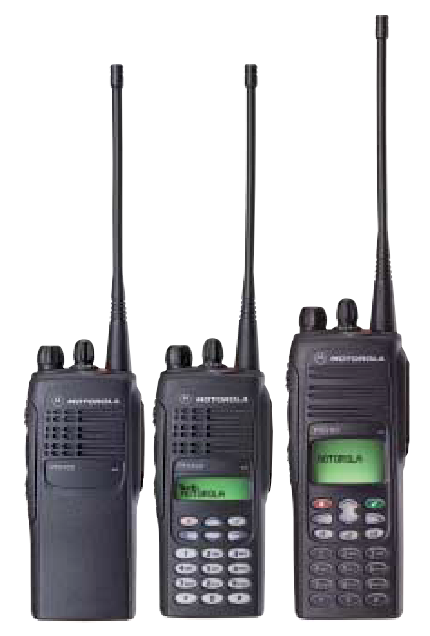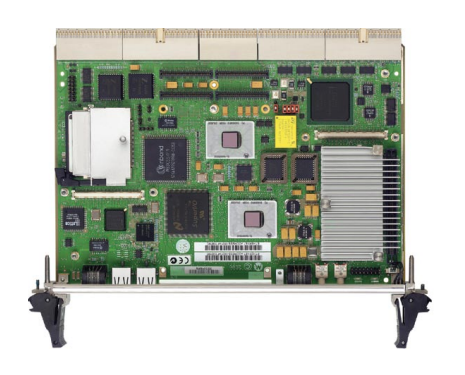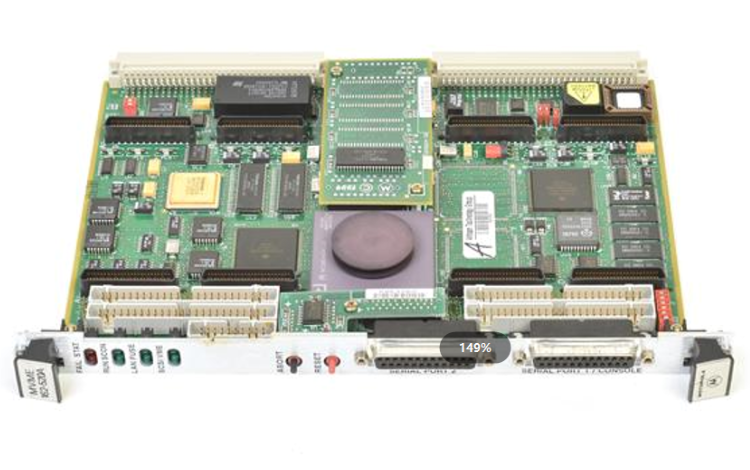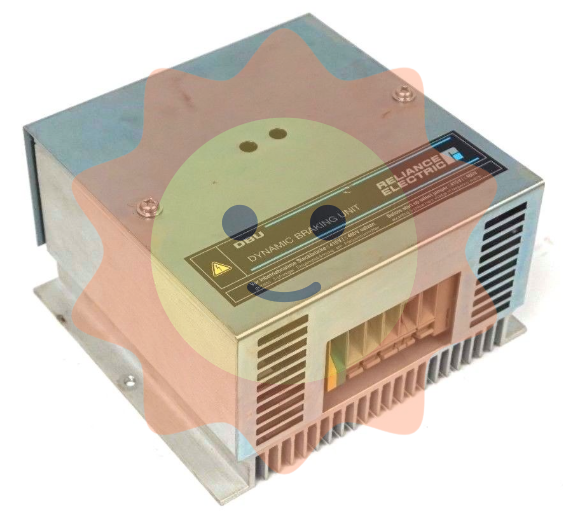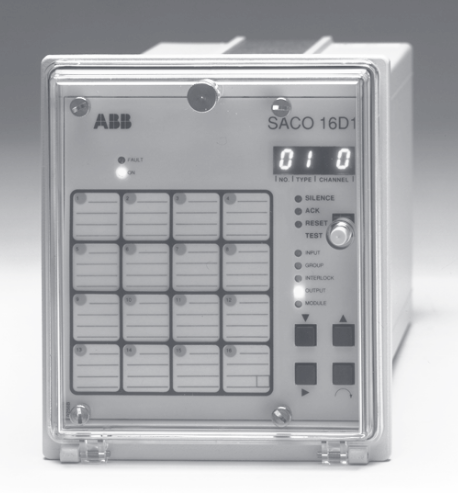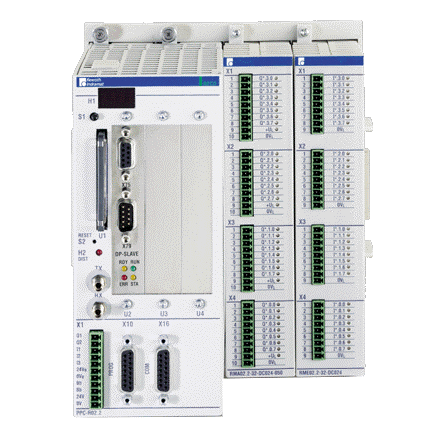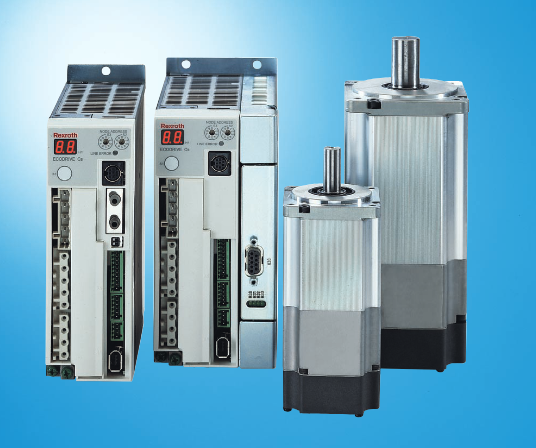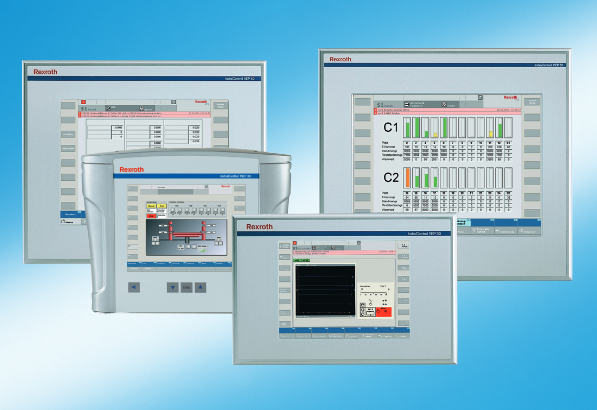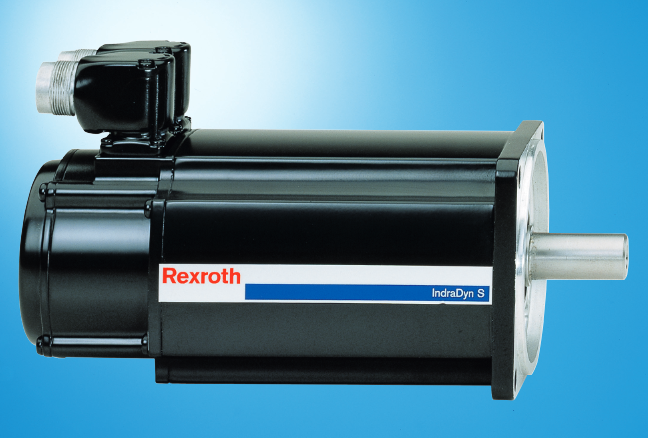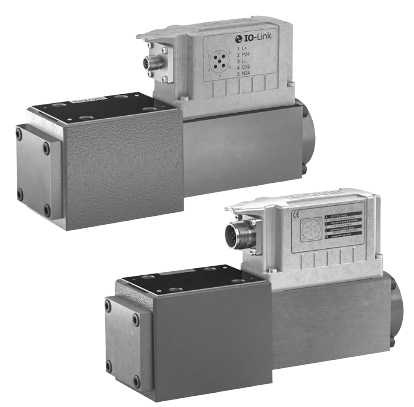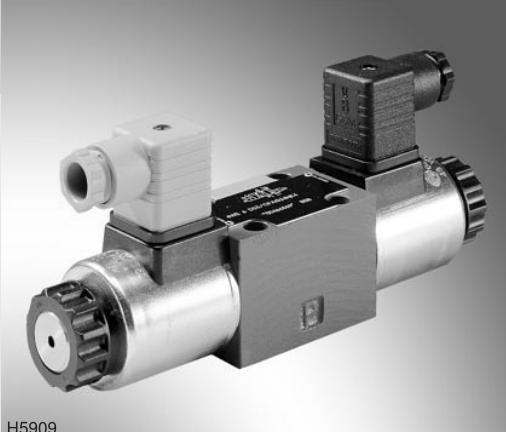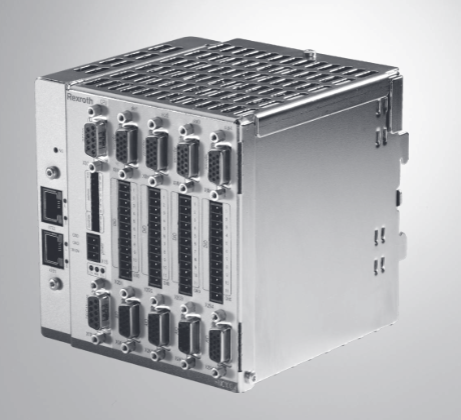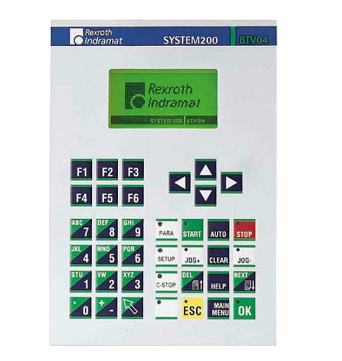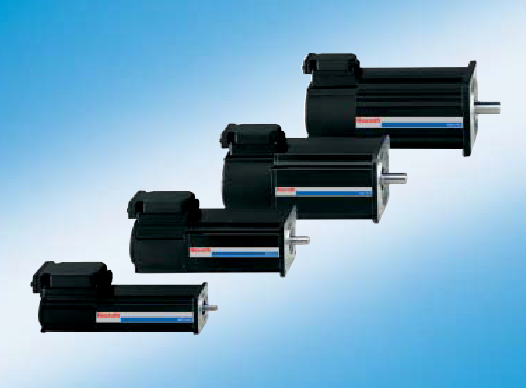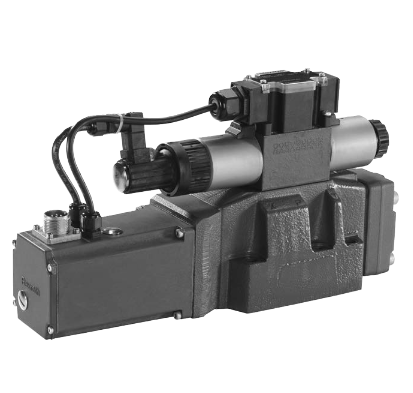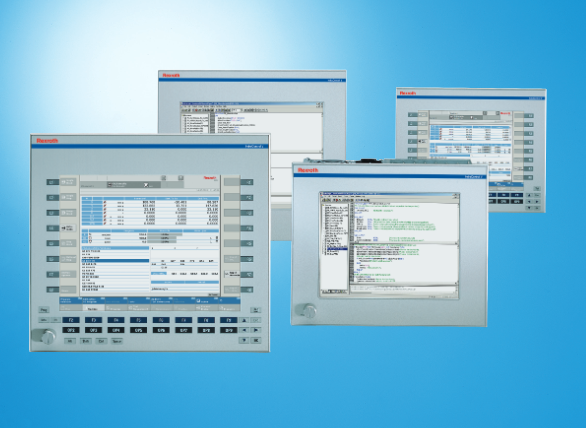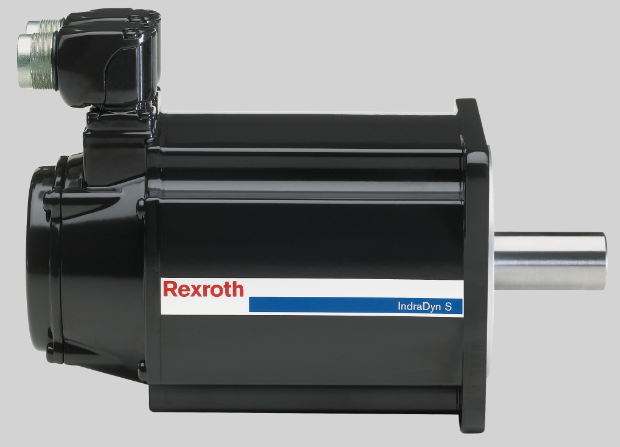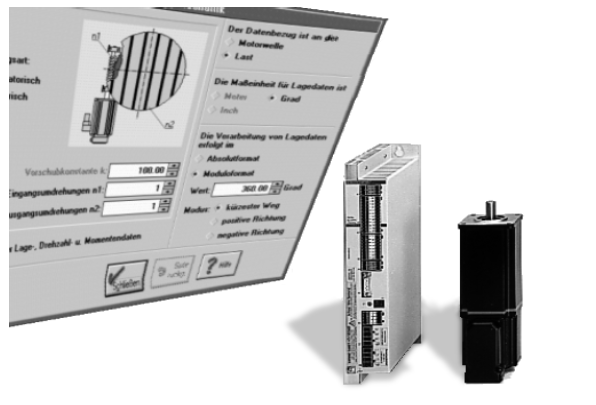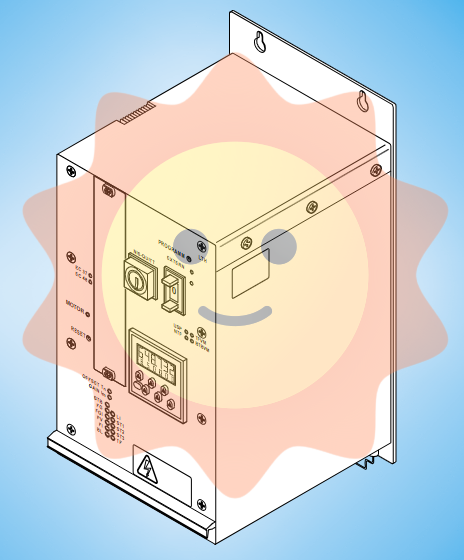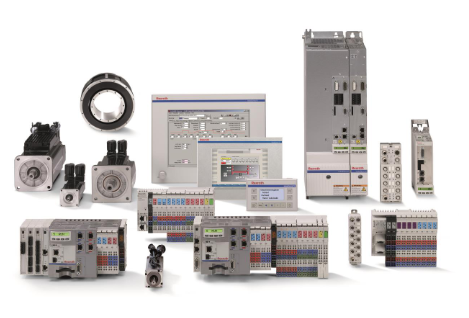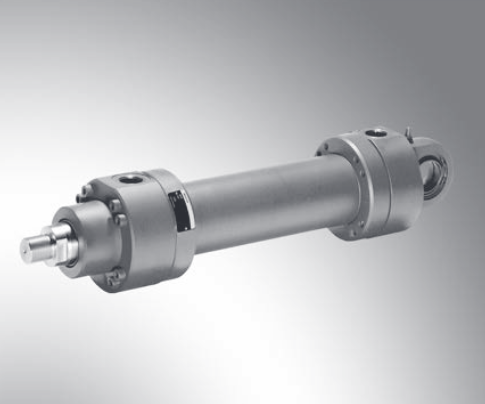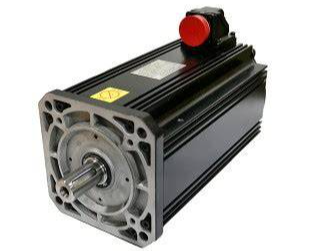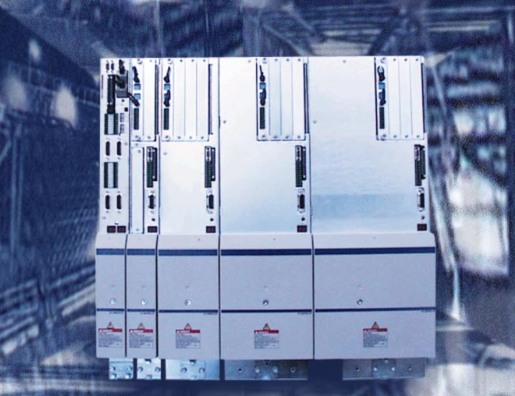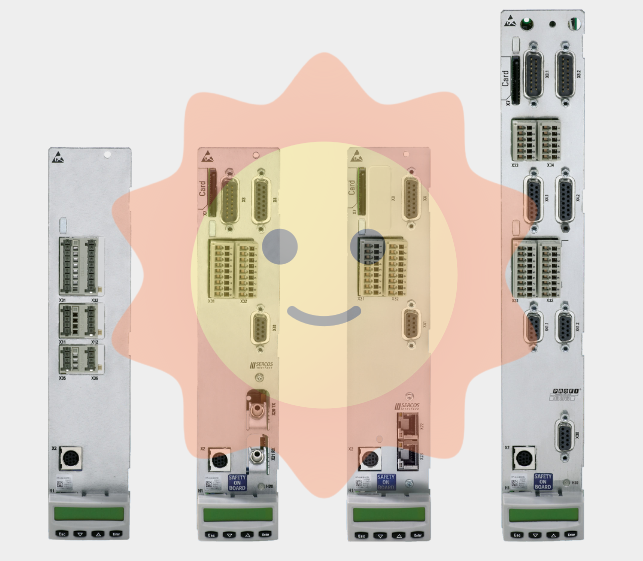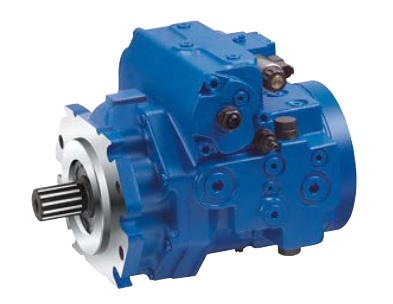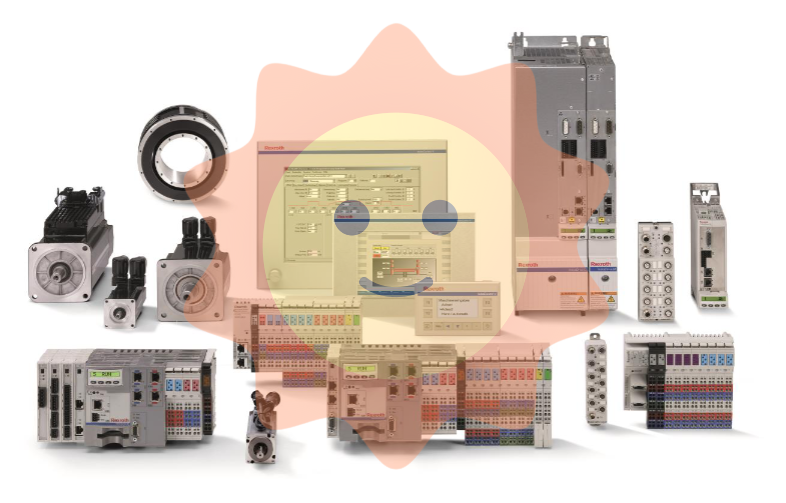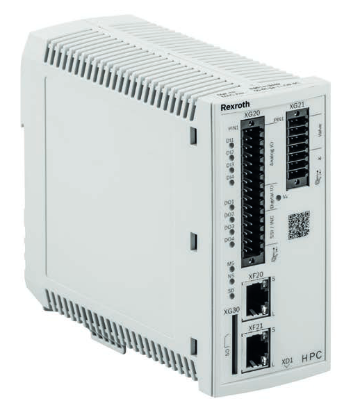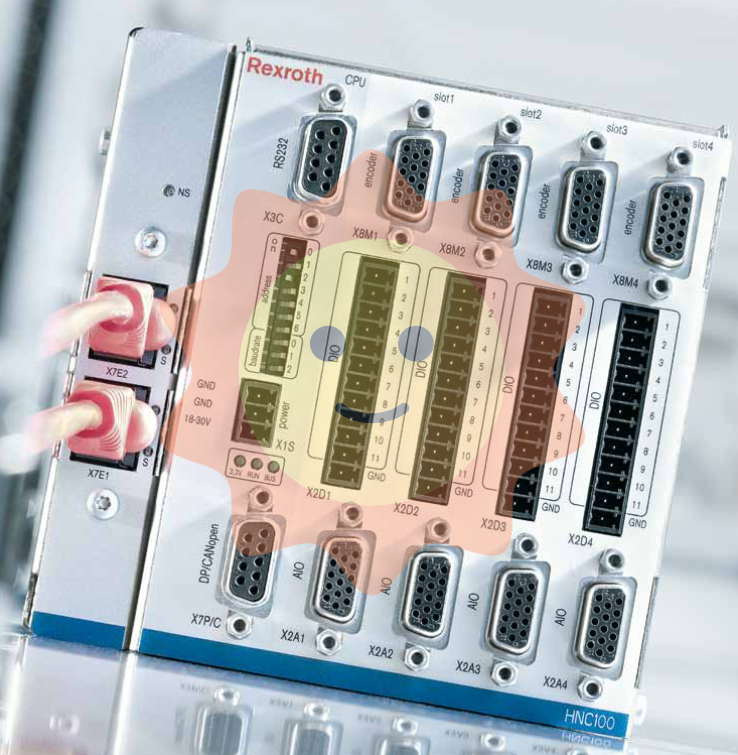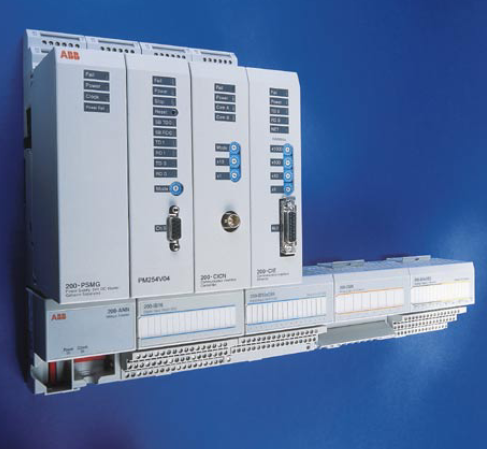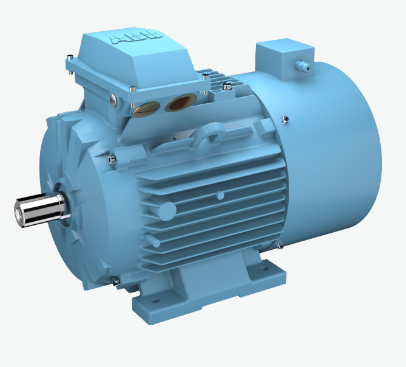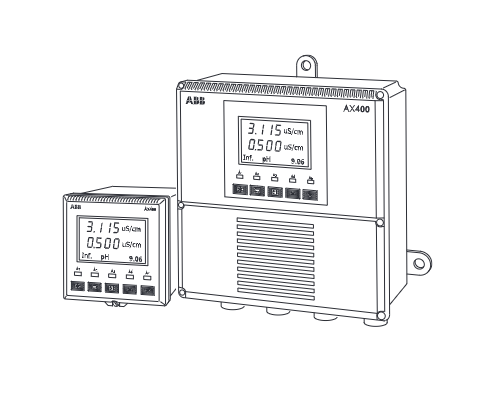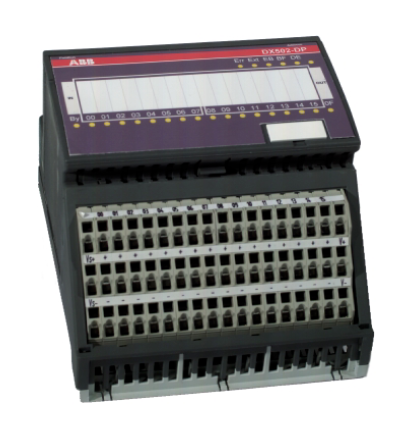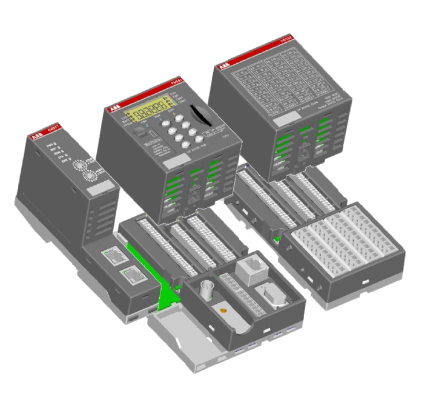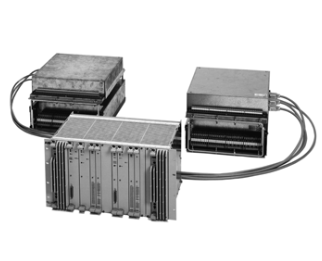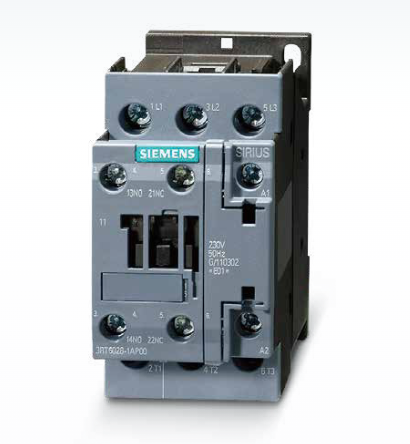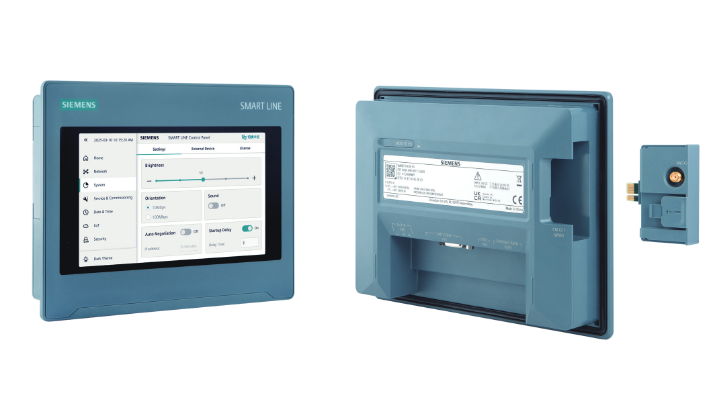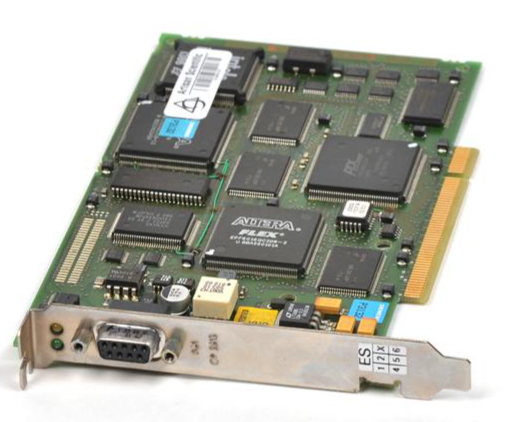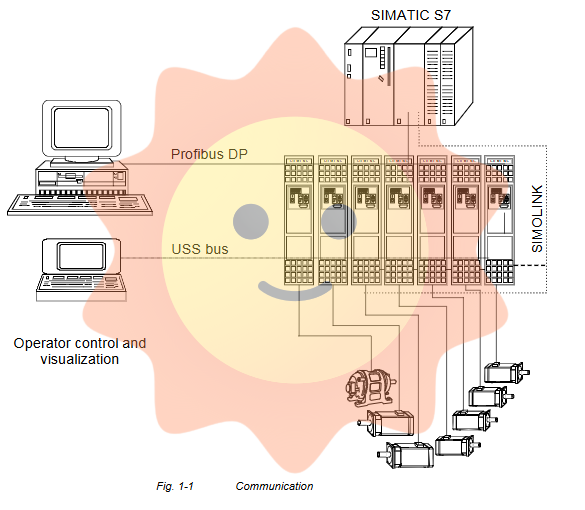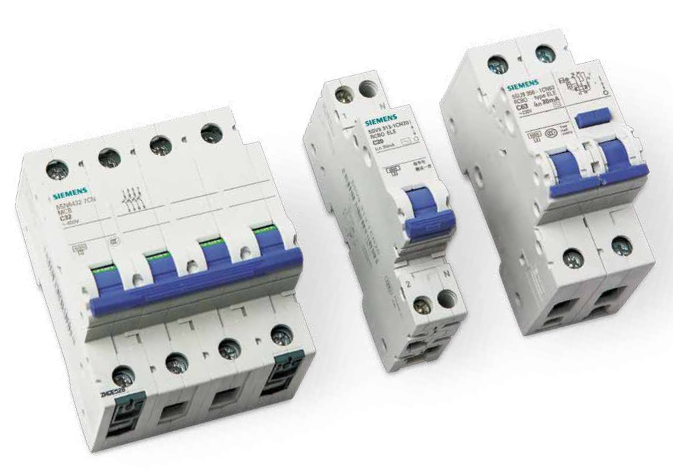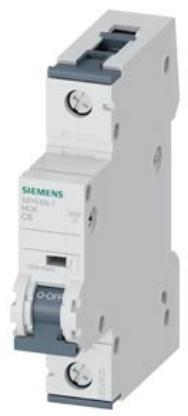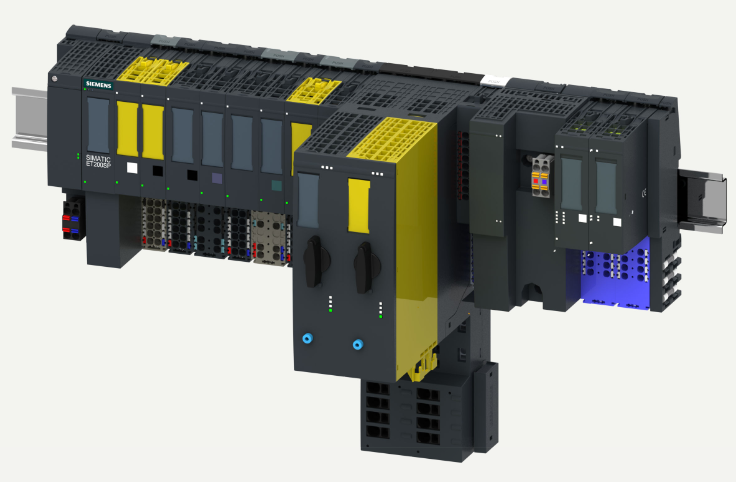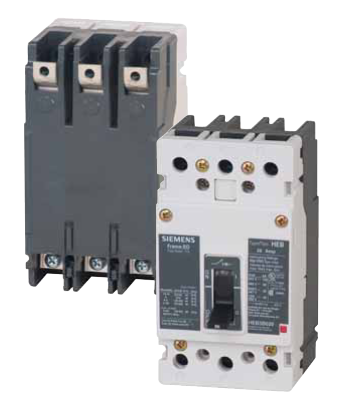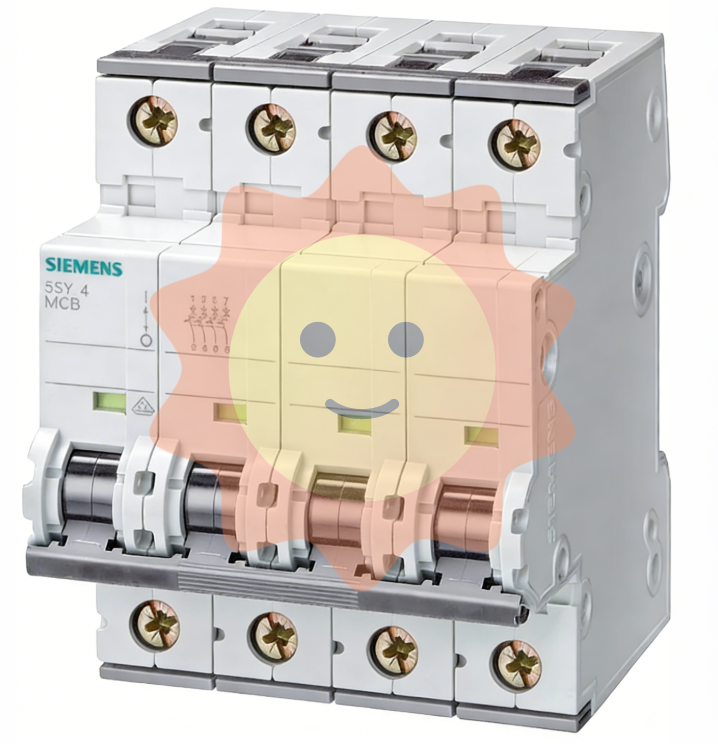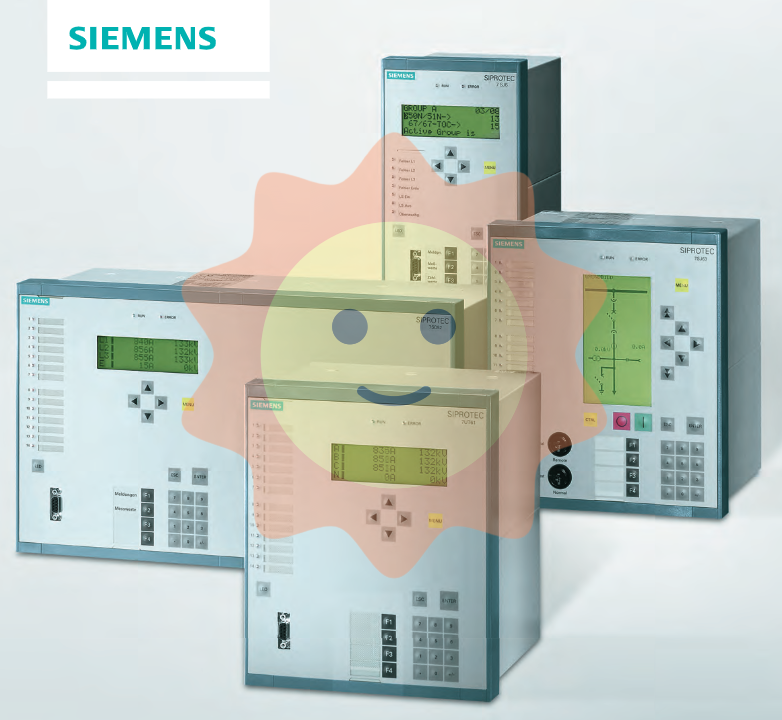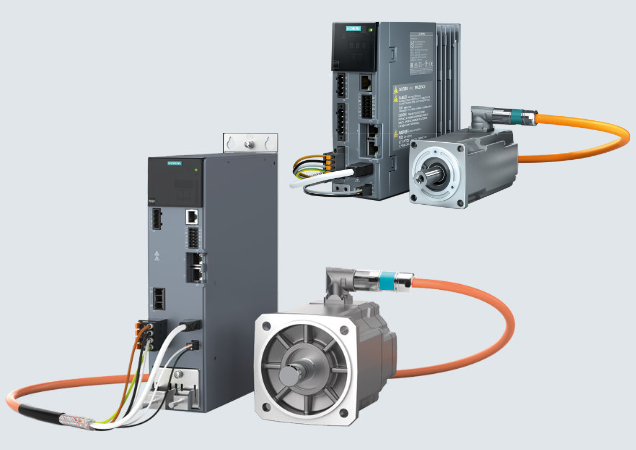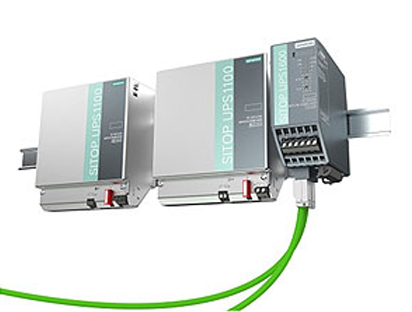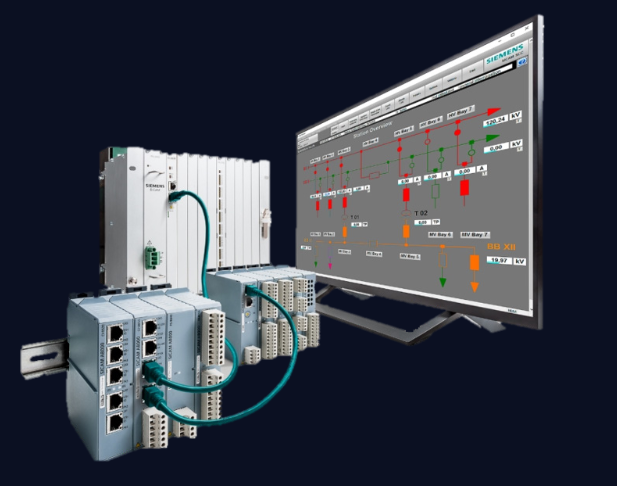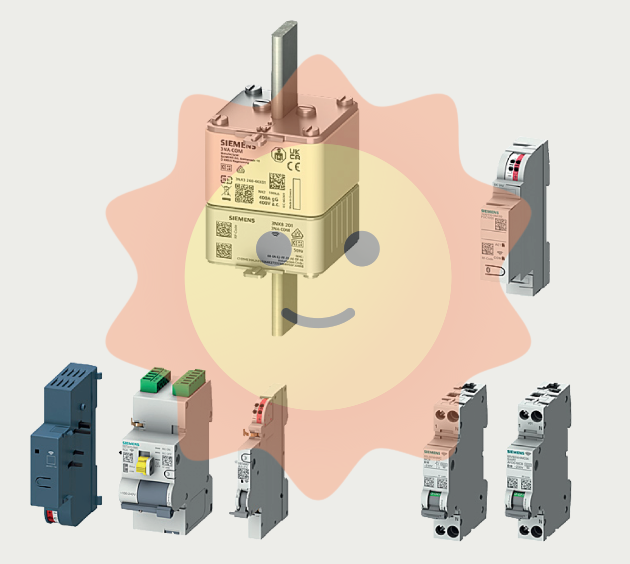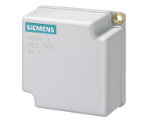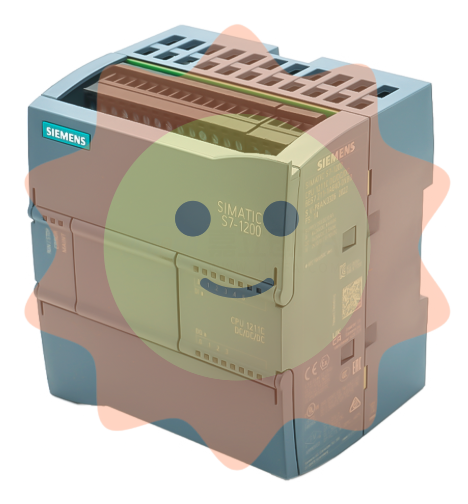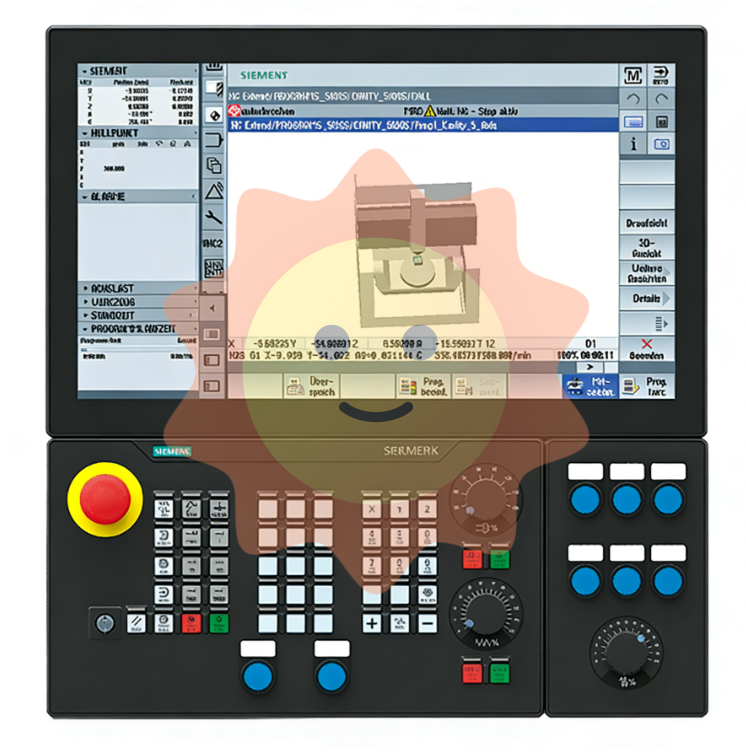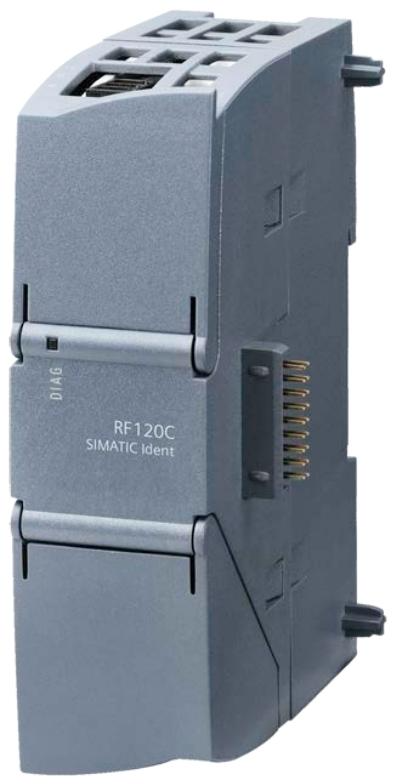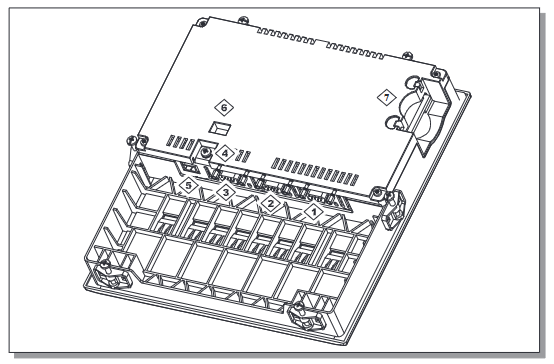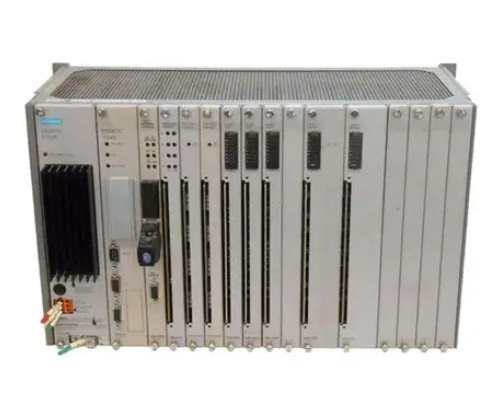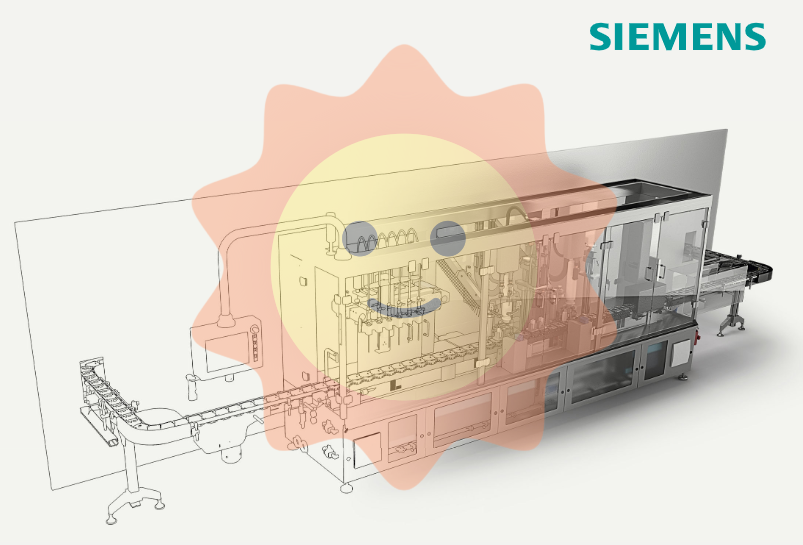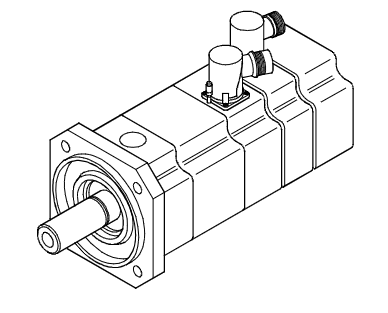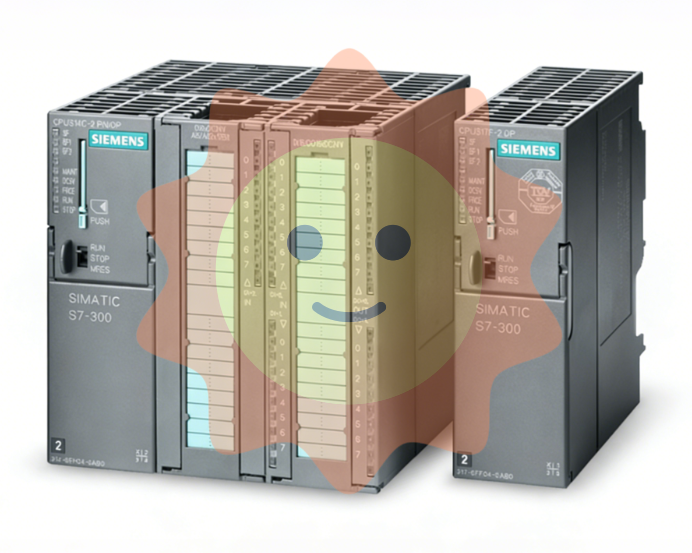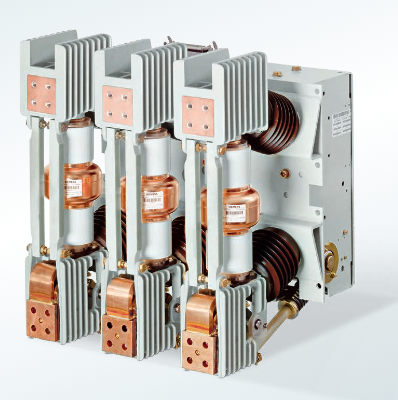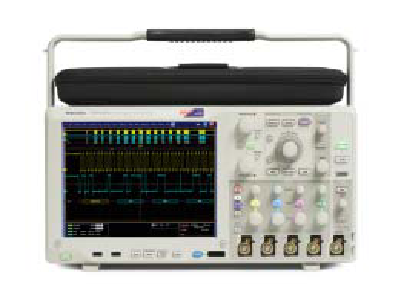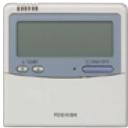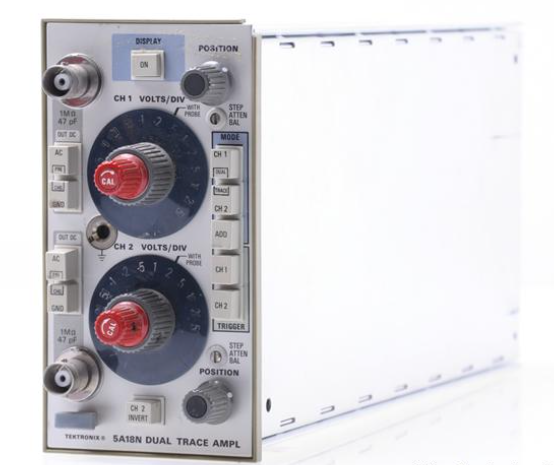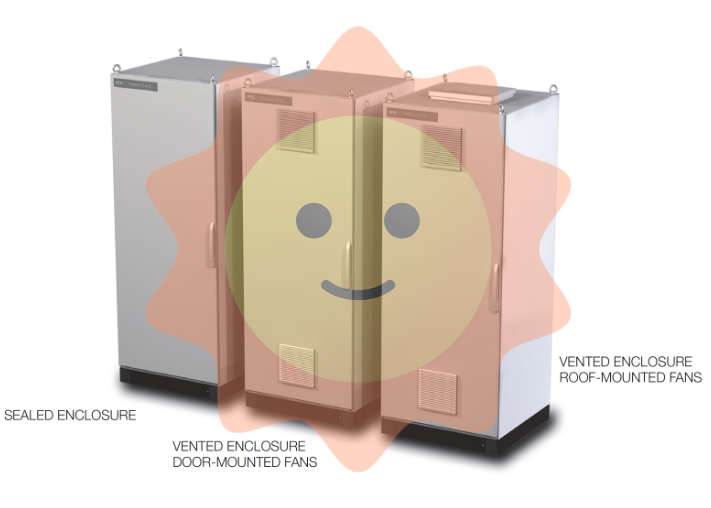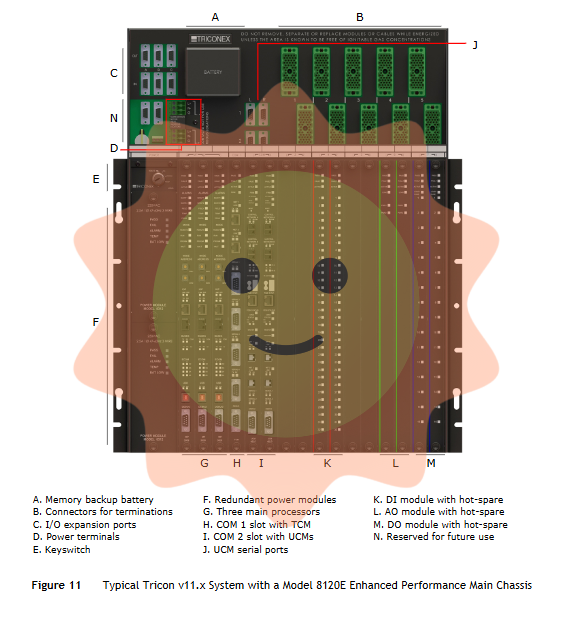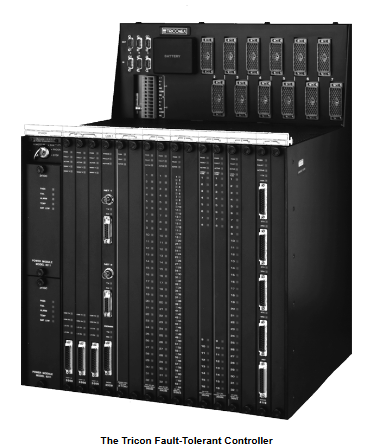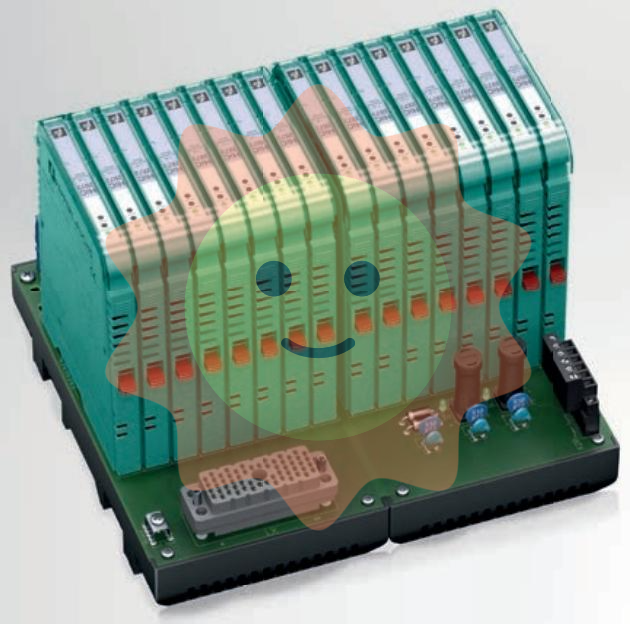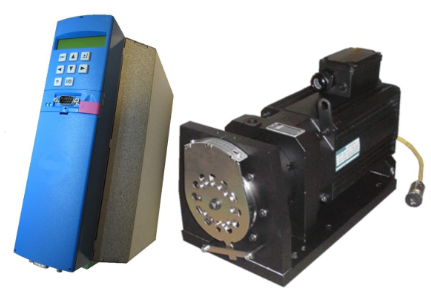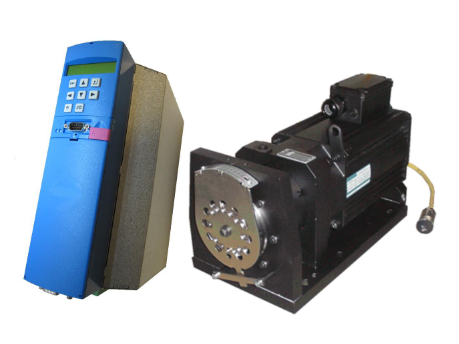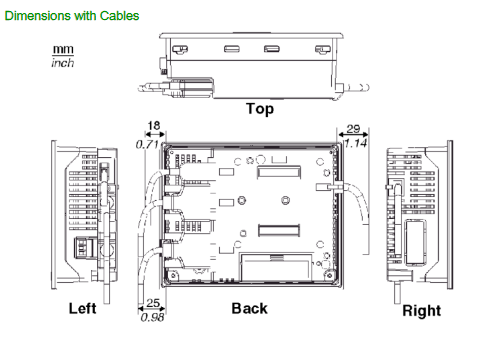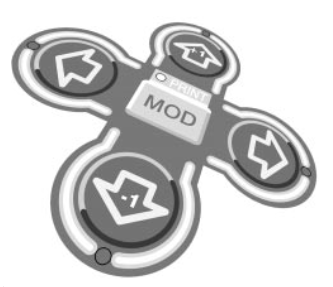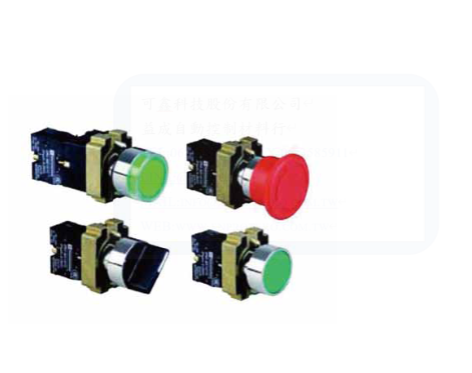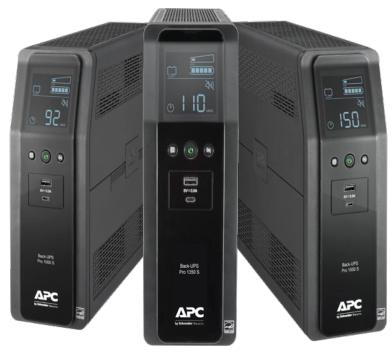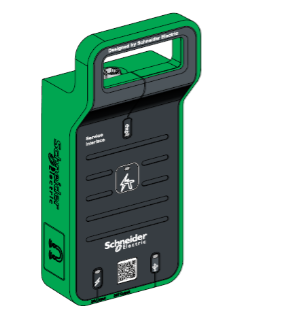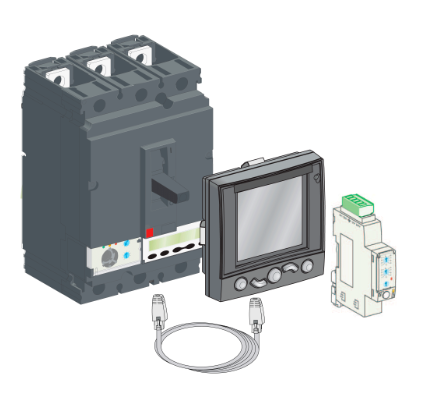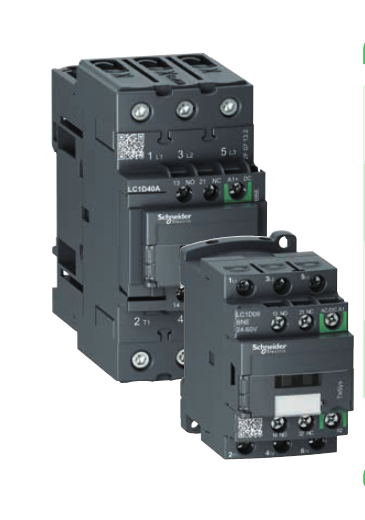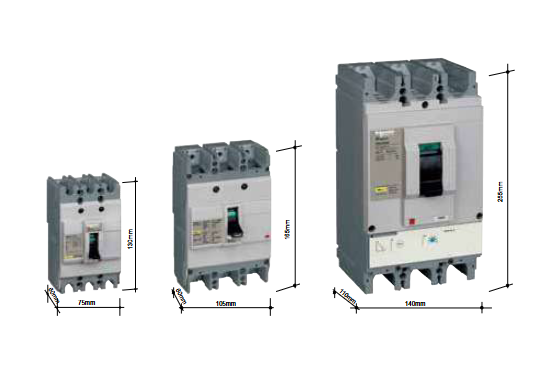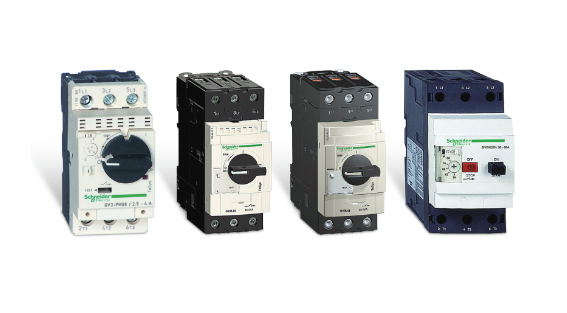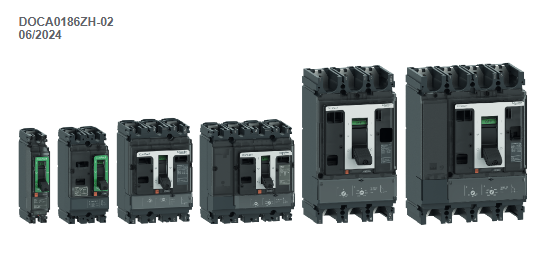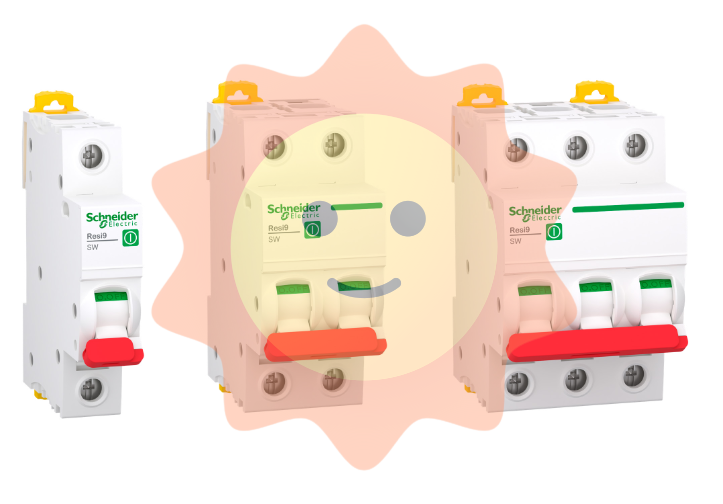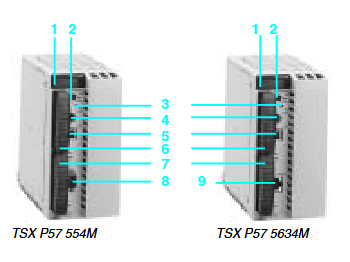NI GPIB-140A Bus Extender
NI GPIB-140A Bus Extender
Overview
The National Instruments (NI) GPIB - 140A Bus Extender is a device designed to expand and optimize the use of the General - Purpose Interface Bus (GPIB) in test and measurement setups. The GPIB is a well - established standard for connecting and controlling test equipment such as oscilloscopes, multimeters, and programmable power supplies.
Functionality and Features
Bus Extension and Signal Conditioning
The primary function of the GPIB - 140A is to extend the reach of the GPIB. It allows you to connect GPIB - enabled devices that are located at a greater distance from the main GPIB controller. This is achieved through signal - conditioning circuitry that maintains the integrity of the GPIB signals over longer cable lengths. For example, it can compensate for signal attenuation and distortion that might occur when using longer cables, ensuring reliable communication between devices.
Increased Device Connectivity
The bus extender provides additional ports for connecting more GPIB devices. This is beneficial in complex test setups where multiple instruments need to be connected to a single GPIB bus. It effectively multiplies the number of available connection points, allowing for a more comprehensive and integrated test environment. For instance, in an electronics manufacturing test facility, it can enable the connection of additional oscilloscopes, signal generators, and logic analyzers to the GPIB bus.
Isolation and Protection
The GPIB - 140A offers isolation between different segments of the GPIB network. This isolation protects the connected devices from electrical interference and potential damage due to ground loops or electrical surges. It provides a level of electrical separation, which is crucial in environments where different devices may have different electrical characteristics or grounding requirements. For example, in a laboratory setting with a mix of high - voltage and low - voltage test equipment, the isolation provided by the bus extender helps to safeguard the instruments.
Compatibility and Standard Conformance
The device is designed to be fully compatible with the GPIB standard. It adheres to the IEEE 488.1 and IEEE 488.2 standards, ensuring seamless integration with a wide range of GPIB - compliant equipment. This means that it can work with instruments from different manufacturers without the need for extensive configuration or custom - made adapters. For example, it can interface with well - known test equipment brands such as Agilent, Tektronix, and Keithley.
Technical Specifications
Signal Transmission Specifications
The GPIB - 140A has specific signal - transmission characteristics. It has a defined maximum cable length that it can support while still maintaining reliable communication. For example, it might be able to extend the GPIB bus up to a certain number of meters without significant signal degradation. The device also has details about the signal - attenuation and - distortion characteristics, which are usually measured in decibels (dB) and as a percentage of signal - waveform distortion, respectively.
Port and Connector Specifications
The bus extender has a certain number of GPIB ports. These ports are usually of a standard GPIB connector type, such as the 24 - pin IEEE 488 connector. The port specifications include details such as the pin - out configuration, which defines how the different GPIB signals (such as data lines, control lines, and handshake lines) are connected through the ports. The connector is designed to provide a secure and reliable physical connection to the GPIB - enabled devices.
Isolation and Electrical Specifications
The isolation characteristics of the GPIB - 140A are precisely defined. It has a specific isolation voltage rating, which indicates the maximum voltage difference that the device can withstand between the isolated segments without breakdown. The device also has electrical - noise - rejection capabilities, usually measured in terms of decibels of common - mode and differential - mode rejection. These specifications help to assess the effectiveness of the isolation and protection features.
Applications
Test and Measurement Laboratories
In electronics and electrical test laboratories, the NI GPIB - 140A is used to expand the capabilities of the GPIB - based test setups. It allows for the connection of a larger number of instruments, such as power meters, frequency counters, and impedance analyzers. This is particularly useful when conducting comprehensive tests on complex electronic components or systems. For example, in a semiconductor - testing laboratory, it can enable the connection of multiple test probes and measurement instruments to a single GPIB bus for more efficient and accurate testing.
Automated Test Equipment (ATE) Systems
In ATE systems, the bus extender is a valuable component. It helps to increase the flexibility and scalability of the GPIB - based test infrastructure. By allowing for more devices to be connected and located at a greater distance, it enables the creation of more complex and distributed test systems. For example, in a manufacturing - quality - control environment, an ATE system with the GPIB - 140A can connect to a wide range of test equipment located in different parts of the production floor to perform automated testing of products.
Industrial Process Monitoring and Control
In some industrial applications, the GPIB - 140A can be used to interface GPIB - enabled sensors and monitoring equipment with a central control system. Although GPIB is not as common in industrial process control as other fieldbuses, in certain situations where high - precision measurement and control of specific equipment are required (such as in some high - tech manufacturing processes), the bus extender can play a role in connecting GPIB - based instruments to the overall process - control system.
What Your Kit Should Contain
– U.S. 100-120 VAC
– Switzerland 220-240 VAC
– Australia 220-240 VAC
– Universal European 220-240 VAC
– North American 220-240 VAC
– U.K. 220-240 VAC
– Japan 100 VAC

- User name Member Level Quantity Specification Purchase Date
- Satisfaction :
-










